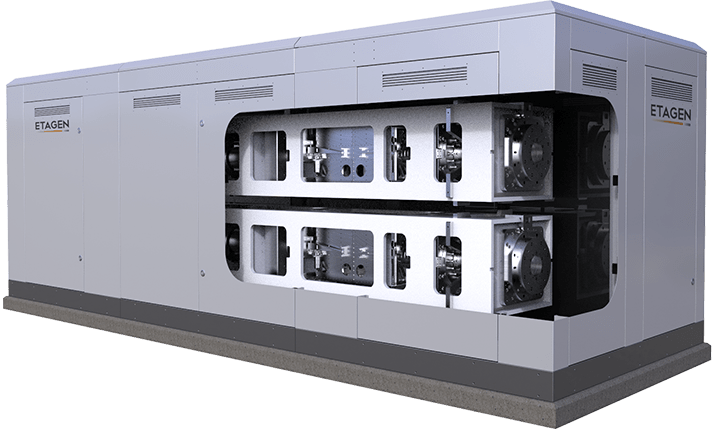Centrica, Engie Invest in New Energy
UK retailer Centrica and French Engie have both invested in small companies focusing on distributed energy.
Centrica has taken a stake in US Etagen, alongside a consortium of other investors from around the world as part of EtaGen’s $83mn Series C financing.
Centrica said EtaGen "is committed to bringing affordable, reliable and clean power to the world. The company’s linear generator is a novel and highly efficient gas generator, capable of running at a high capacity factor, with a lower emissions profile than conventional power generation. It also has greater flexibility and is more cost effective than competing clean technologies."
It said Etagen had "the potential to not only disrupt business models, but also allow us to serve our customers with energy solutions that are reliable, clean, flexible and affordable. As a strategic investor, we look forward to working with EtaGen, as the energy industry becomes increasingly distributed and focused on efficiency and lowering emissions.”
Etagen's website shows equipment that generates between 250 and 750 kilowatts which work in customer-side, grid-side, and microgrid applications (see below).

And Engie has control of Paris-based micro-grid specialist EPS. It has already developed a "significant micro-grid installed base, in particular in Africa and Asia Pacific," Engie said. "Together, we will achieve a major step to become a decentralised energy leader and confirm that energy transition is at the core of the strategy and transformation of Engie. With decentralised clean energy, we also bring a key contribution towards more harmonious development,” said Shankar Krishnamoorthy, Executive Vice President of Engie.
EPS CEO Carlalberto Guglielminotti said: “This is a transformational step for EPS. We share Engie’s strategic vision of a paradigm shift in the energy system towards decentralised energy solutions: in advanced economies renewables are displacing conventional centralised power plants, calling for distributed energy storage to secure flexibility and capacity."
The emphasis is on micro, in terms of physical results so far: EPS has implemented 36 projects in 21 countries, including off-grid hybrid systems and microgrids powered by renewables and energy storage with a total capacity of 47MWh.



